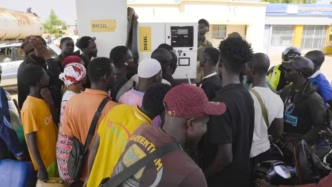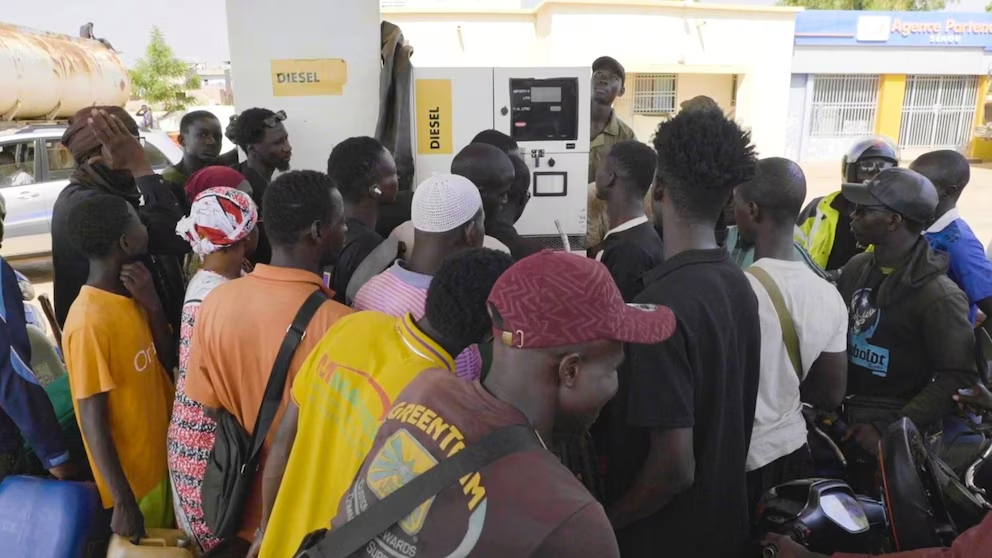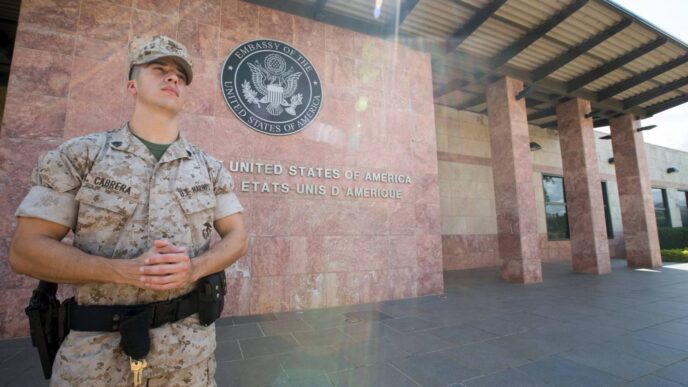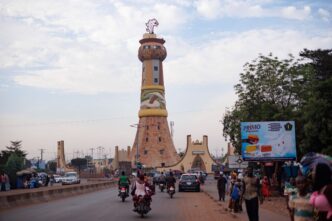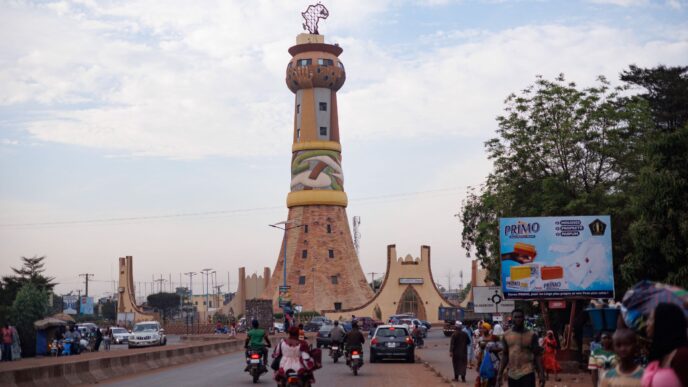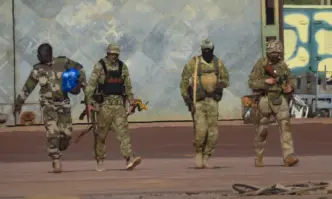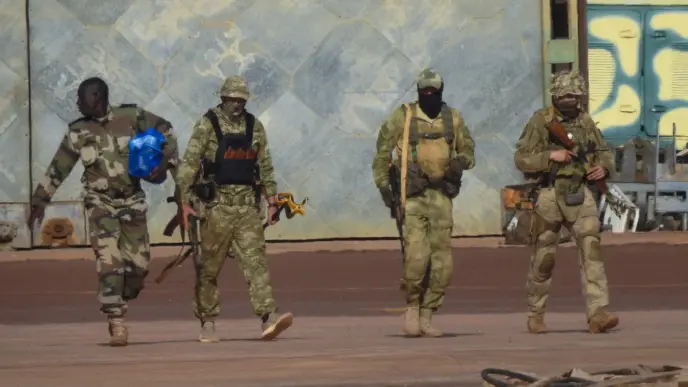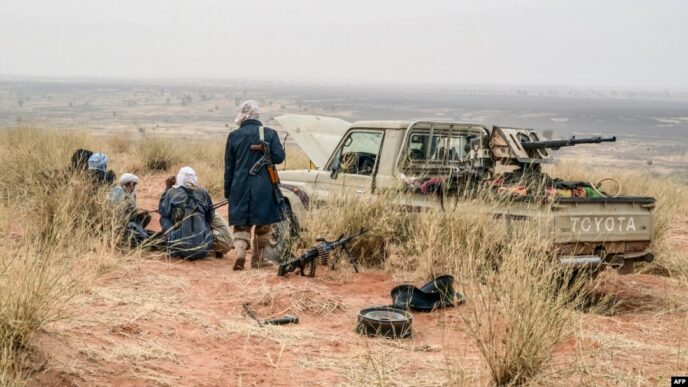In Bamako’s commercial area, numerous vehicles and motorcycles are stuck day and night on a main road, waiting for one of the three adjacent petrol stations to receive fuel.
Recently, insurgents have made daily life in Mali increasingly untenable through a fuel blockade that has severely impacted the West African nation.
Over three days, only a single tanker arrived to restock the stations’ supplies, and the fuel was exhausted within an hour, all while authorities observed.
Following consecutive coups in 2020 and 2021, a military junta has governed Mali and is finding it difficult to combat various militant factions, especially the Al-Qaeda-affiliated Group for the Support of Islam and Muslims (JNIM), which is enforcing the blockade.
Across the capital, fuel is being sold at 10,000 CFA ($17.75) for approximately 13 litres (3.4 gallons).┬Ā Residents reported to AFP that a litre sold at the pump can be resold on the black market for about three times its original price.
Since September, JNIM has been focusing on targeting fuel tankers, particularly those arriving from Senegal and the Ivory Coast, through which most of Mali’s imports pass.
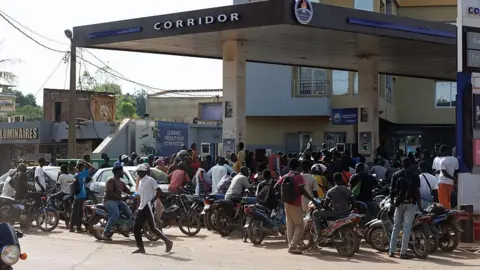
Recently, JNIM has been intensifying its efforts to isolate Bamako by increasing attacks on roads leading to the city. Some tankers have been set ablaze, and drivers and soldiers have faced killings or kidnappings in terrorist ambushes.
JNIM is responding to the authorities’ ban on selling fuel at any locations apart from service stations in rural regions, a strategy aimed at cutting off the jihadists’ fuel supply lines, according to officials.
The blockade has particularly affected the capital over the past two weeks, bringing the landlocked Sahel nation’s economy to a standstill.
Meanwhile, the US embassy in Mali urged American citizens Tuesday to “depart immediately”, citing the “unpredictability of Bamako’s security situation.”
This fuel shortage is also worsening severe, frequent power outages, which have hindered the Malian economy for the past five years.
Electricity supply has decreased from 19 hours per day to just six, according to the provider Energie du Mali (EDM).
On Sunday evening, the junta announced that classes at schools and universities would be suspended for two weeks due to the shortages.
During harvest season, some farming equipment has become unusable due to fuel shortages, with the shortages impacting daily life outside the capital several weeks earlier.
Thus far, the junta has not commented on the situation.
Residents of Bamako are seeking alternatives, with wealthier individuals opting to install solar panels to create their own electricity.


 Trending
Trending 
